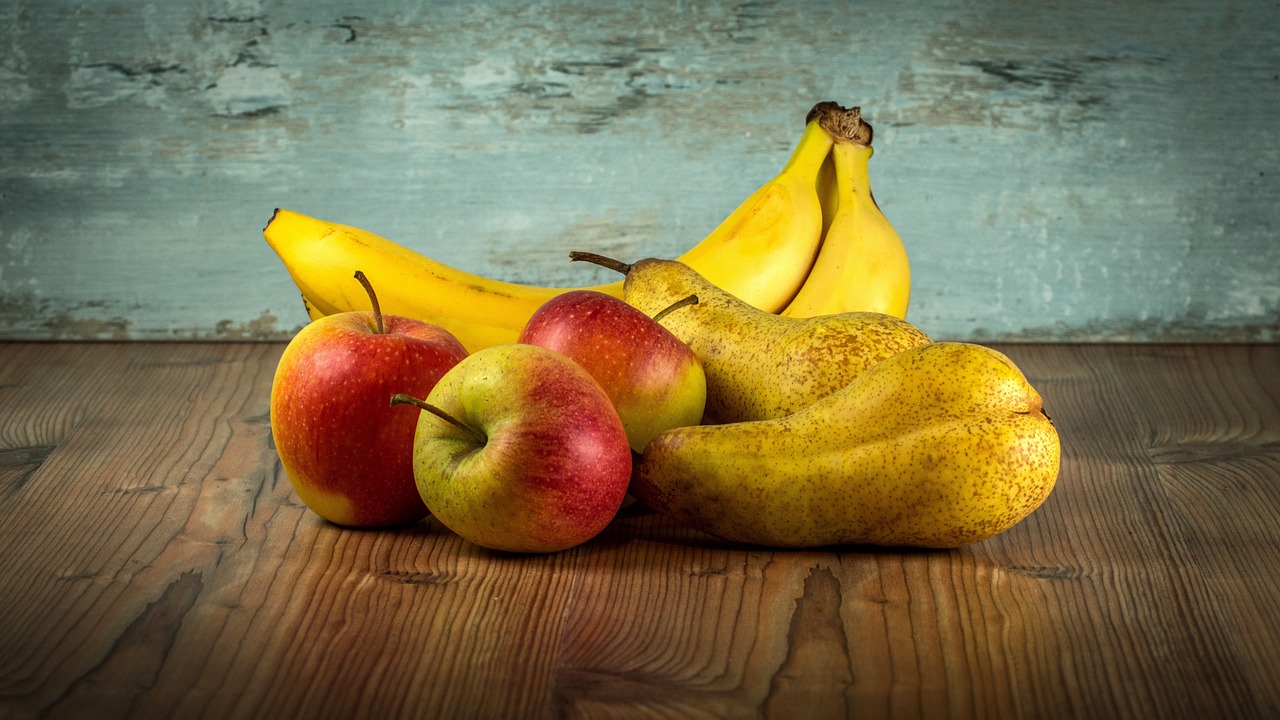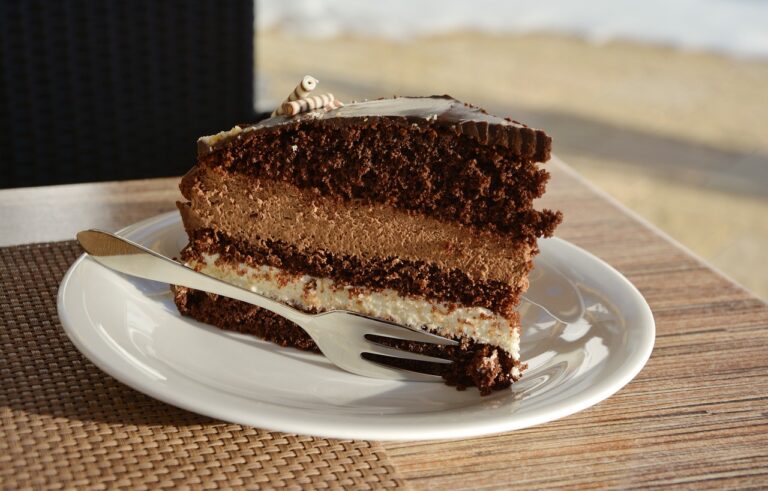Exploring the World of Artisanal Liqueurs: From Limoncello to Amaro
cricbet99, sky99exch, reddy club book:Exploring the World of Artisanal Liqueurs: From Limoncello to Amaro.
Artisanal liqueurs are making a comeback in the world of spirits, offering unique flavors and craftsmanship that set them apart from mass-produced options. From the zesty tang of Limoncello to the complex bitterness of Amaro, there is a vast world of artisanal liqueurs waiting to be discovered.
In this blog post, we will delve into the fascinating realm of artisanal liqueurs, exploring the history, production methods, and diverse flavors that make these spirits so special. Whether you are a seasoned cocktail enthusiast or a curious beginner, there is something for everyone to enjoy in the world of artisanal liqueurs.
The History of Artisanal Liqueurs
Artisanal liqueurs have a rich history that dates back centuries, with many of the recipes and techniques passed down through generations of distillers. These spirits were traditionally crafted by monks and apothecaries who used botanicals and fruits to create elixirs with both medicinal and flavor-enhancing properties.
Over time, artisanal liqueurs evolved into a popular beverage enjoyed for their complex flavors and aromatic profiles. Each region developed its own unique liqueurs, using locally sourced ingredients to capture the essence of the land.
Production Methods
Artisanal liqueurs are typically made in small batches using traditional methods that prioritize quality over quantity. Distillers carefully select the finest ingredients, such as herbs, fruits, and spices, to create a harmonious blend of flavors.
The production process often involves maceration, where the ingredients are steeped in alcohol to extract their essences. This infusion method allows the flavors to meld together, creating a well-balanced liqueur with depth and character.
After maceration, the liquid is often distilled to refine the flavors and remove any impurities. Some artisanal liqueurs are aged in oak barrels to impart additional complexity and richness to the final product.
Popular Artisanal Liqueurs
1. Limoncello: A bright and zesty liqueur made from lemon peels, sugar, and alcohol. Originating in Italy, Limoncello is known for its refreshing citrus flavor and crisp finish.
2. Amaro: A bitter liqueur popular in Italy and other European countries, Amaro is made from a blend of herbs, roots, and botanicals. It is often enjoyed as a digestif to aid in digestion.
3. Chartreuse: A complex and aromatic liqueur crafted by monks in France, Chartreuse is made from a secret recipe of 130 herbs and plants. It comes in green and yellow varieties, each with its own unique flavor profile.
4. St-Germain: A floral liqueur made from elderflower blossoms, St-Germain adds a delicate sweetness to cocktails and mixed drinks. It is a versatile ingredient that pairs well with a variety of spirits.
5. Cynar: An artichoke-based liqueur from Italy, Cynar has a bittersweet flavor profile with hints of citrus and herbs. It is often enjoyed on the rocks or in cocktails.
Exploring Artisanal Liqueurs
One of the joys of artisanal liqueurs is the opportunity to explore new flavors and expand your palate. Whether you prefer the bold bitterness of Amaro or the sweet citrus notes of Limoncello, there is a world of possibilities waiting to be discovered.
To begin your journey into the world of artisanal liqueurs, consider visiting local distilleries and tasting rooms to sample a variety of offerings. You may also want to experiment with mixing cocktails at home, using artisanal liqueurs as a base or modifier to create unique and flavorful drinks.
FAQs
Q: Are artisanal liqueurs more expensive than mass-produced options?
A: Yes, artisanal liqueurs are often priced higher due to the quality of ingredients and craftsmanship involved in their production.
Q: Can I use artisanal liqueurs in cooking?
A: Yes, artisanal liqueurs can be a flavorful addition to both savory and sweet dishes, adding depth and complexity to your recipes.
Q: How should I store artisanal liqueurs?
A: Artisanal liqueurs should be stored in a cool, dark place away from direct sunlight to maintain their quality and flavor profile.
In conclusion, artisanal liqueurs offer a world of unique flavors and craftsmanship for spirits enthusiasts to enjoy. From the vibrant citrus notes of Limoncello to the herbal complexity of Amaro, there is something for everyone to discover in the diverse realm of artisanal liqueurs. So raise a glass and toast to the artistry and tradition that make these spirits so special. Cheers!







